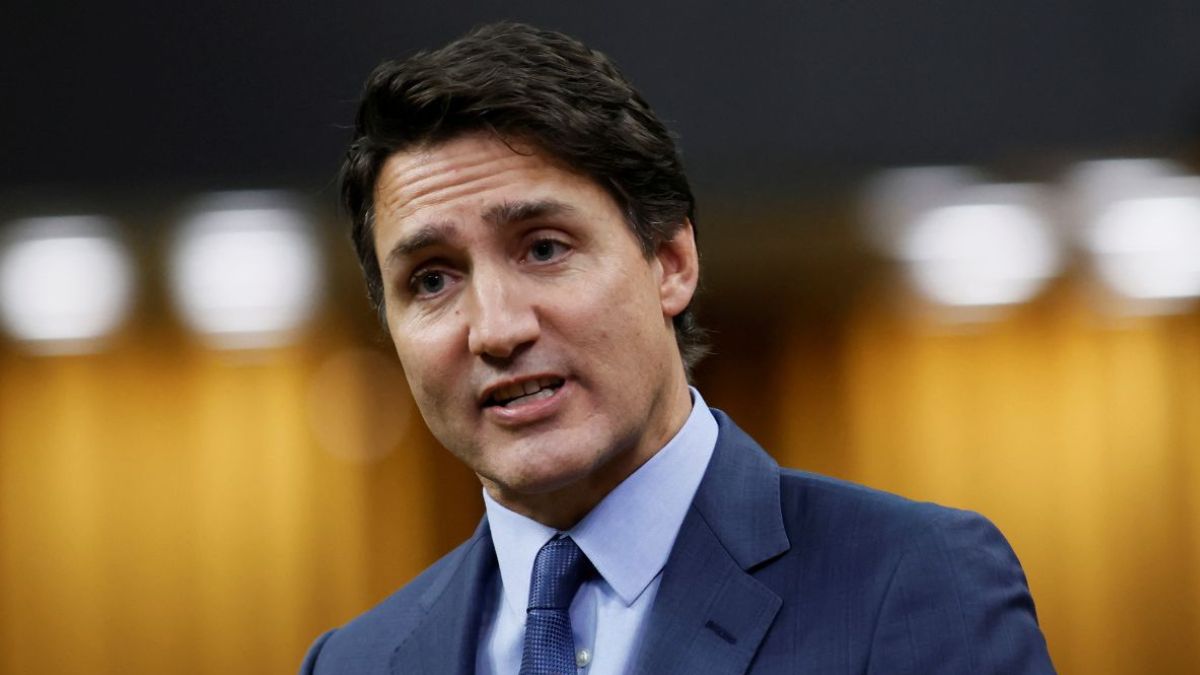- By Shivangi Sharma
- Wed, 16 Oct 2024 10:31 PM (IST)
- Source:JND
In a surprising turn of events, Canadian Prime Minister Justin Trudeau recently acknowledged that his government lacked concrete evidence when it accused the Indian government of being involved in the assassination of Khalistani extremist Hardeep Singh Nijjar.
This admission has raised questions about the integrity of the accusations and the diplomatic implications for Canada-India relations, further complicating an already tense situation between the two nations.
In an interview, Trudeau stated that his government did not have evidence to directly link Nijjar's killing to India when they initially accused New Delhi of orchestrating the assassination on Canadian territory.
BREAKING: TRUDEAU ADMITS HE DIDN'T PROVIDE INDIA WITH REAL PROOF ON NIJJAR KILLING
— Shashank Mattoo 🇮🇳 (@MattooShashank) October 16, 2024
Canada only provided intelligence and no proof before publicly accusing India of killing Nijjar pic.twitter.com/MQ1NaM3yFr
ALSO READ: ‘Extremely Serious’: US Backs Trudeau Govt’s Allegations, Urges India To Cooperate
Trudeau confirmed that when India requested evidence, the intelligence available at that time was weak and lacked solid proof, indicating that the allegations of Indian involvement in Nijjar's killing were not substantiated.
This acknowledgement follows shortly after Gurpatwant Singh Pannun, a designated Khalistani terrorist and head of SFJ, revealed that he had been in communication with Justin Trudeau's office for the past three years and had provided them with information.
Nijjar was fatally shot in June near a Sikh temple in Surrey, a Vancouver suburb home to a significant Sikh community. A few months later, Canadian Prime Minister Justin Trudeau sparked a diplomatic rift with New Delhi by alleging Indian government involvement in Nijjar's killing.
Canadian PM Justin Trudeau also claimed that Lawrence Bishnoi's gang was involved in violence in Canada. He also accused Indian diplomats of gathering information on Canadian citizens and sharing it with the Bishnoi gang.
